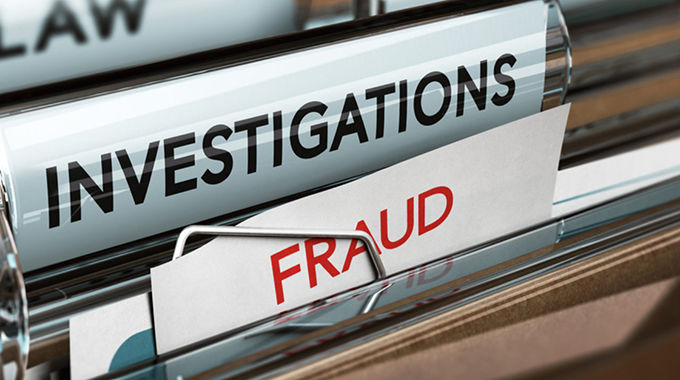Preparation and filing of annual returns

Godknows Hofisi
Many companies, especially private ones are in default as regards the preparation and filing of annual returns.
This article seeks to give insights into the filing of annual returns based on Section 165 of the Companies and Other Business Entities Act (Chapter 24:31) or “the Act” read together with the Fourth Schedule to the Act.
Annual Returns
According to Section 165(1) of the Act every company shall make and file with the Registrar of Companies an annual return consisting of a summary in the form contained in the Fourth Schedule (“Form of annual return of company”) or as near thereto as circumstances admit.
The particulars to be specified in the annual return include:
- Directors of the company as at the date of the return,
- Secretary of the company
- Name and address of the company external auditors
- Company’s registered office
- Place where the register of members or shareholders is kept, if not kept at the registered office
The number of shares of the company analysed by class as at the date of return and the number of shares issued and fully paid up as at the date of return.
The annual return of a company must be submitted within twenty-one (21) days of the anniversary date of its incorporation, registration or re-registration.
Every private company shall send with the annual return a certificate signed by a director and secretary stating:
That the company has not since the date of the last return or, in the case of the first return, since the date of incorporation of the company, issued any invitation to the public to subscribe for any shares,
The number of members or shareholders of the company at the date of certificate,
If the number of members exceeds fifty (50) that the excess consists only of persons who are to be excluded from reckoning the number of fifty (50).
The Registrar may from time to time require a company to transmit to him or her particulars of the transfer of any fully paid up shares and a list of the persons for the time being members of the company and all persons who have ceased to be members since the date of the last return or, if no return has been made, since the date of the incorporation of the company.
As can be seen especially from the paragraph immediately above there is need to keep proper and complete company secretarial records. Some of these key secretarial records include the following:
- List or register of directors and regular update of the CR6, formerly CR14.
- List or register of members
- Changes in shares and members
- Share certificates, share allotment, share transfers.
- Authorised share capital, issued share capital, fully paid up share capital, classes thereof.
- Return of allotments
- Ensuring compliance
There are many possible reasons for especially private companies not to comply at law. These may include the following:
- Lack of knowledge of compliance requirements
- Lack of knowledge of what needs to be done to comply
- The process may be cumbersome
- Insufficient company secretarial records at company level
- Lack of willingness to pay for professional service until there is a problem such as disputes or when the documents are required for tenders or contracts.
If a company is still small or there is no dedicated resource, consider outsourcing this service. The cost of doing things right is worthwhile. A company and officer in default of Section 165 shall be liable for a civil penalty.
This simplified article is for general information purposes only and does not constitute the writer’s professional advice.
Godknows Hofisi is a legal practitioner, chartered accountant, corporate rescue practitioner, and consultant in deal structuring and tax. He writes in his personal capacity. He can be contacted on +263 772 246 900 or [email protected]








Comments